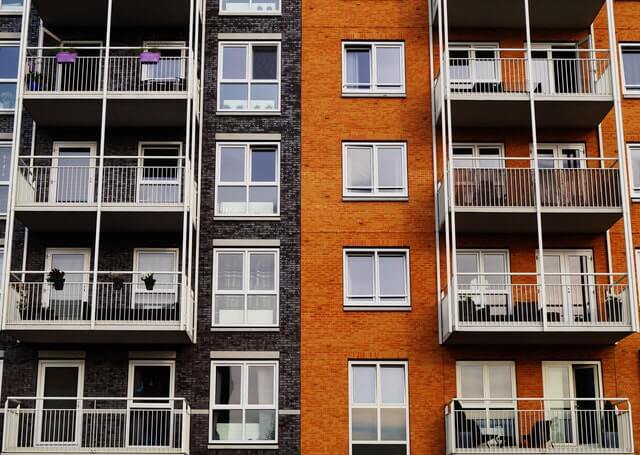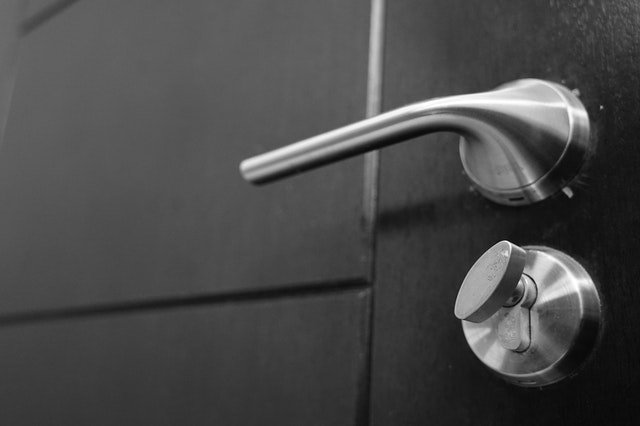No perfect tenant exists. One way or another, you’re bound to clash on certain issues. The trick is to be a proactive landlord and prepare a ready set of solutions to avoid dealing with potential losses.
There are common complaints landlords are faced with. Knowing these complaints, and being able to master resolving them, will lead to a harmonious relationship with your tenant.
Here are some of the common complaints you can address when they come up along the tenancy period:
1. Tenant complaints about a pest infestation.
When your rental property is swarming with unwelcome pests like rodents, termites and roaches, it’s understandable that tenants become seriously worried. This can present a health hazard and it’s your duty as a landlord to be vigilant when it comes to the habitability of your property. If you delay resolving an infestation, it will lead to more complaints, non-payment of the rent and even breaking a lease. Avoid this problem by regularly checking your property for any signs of pests. If you’re aware of these issues, then hire an exterminator every few months for treatments. Blaming your tenant for being unsanitary won’t resolve the issue. If a tenant is indeed neglectful of practicing cleanliness, you can evict the tenant or refrain from lease renewal once it ends.
2. Tenant complaints about property maintenance issues.
Maintenance issues must be addressed promptly. Make sure your tenants understand your procedure for maintenance and repair. When signing the lease, clearly outline the maintenance protocol. This way, expectations are managed properly.

It’s important that tenants know who to contact and the procedure for reporting the maintenance problem. They should be provided the timeframe of resolving the issue so they have an idea of the adjustment period for the inconvenience. It’s best to record everything in writing so important details are not forgotten. It can be frustrating on the side of the tenants to keep repeating the problem over and over. On the landlord’s side, it can be overwhelming when you’re swamped with several complaints. Having a system ensures you’re on top of things. You can also monitor the resolution of the case.
3. Tenant complaints about a noisy environment.
If your rental property is an apartment complex, this can be a frequent issue. To minimize this source of conflict, your tenants need to understand before moving in that quiet hours in the evening will be enforced. You want to avoid a scenario where quality tenants will move to another rental space because of a single renter who remains impervious to the disturbance. It’s better to sacrifice one tenant causing the issue than risking your other tenants leaving. To address this, meet with the problem renter and, if the warnings aren’t taken seriously, you can decide to evict or not renew their lease once it expires. If the cause of the disturbance is not your tenant, you may request the complaining tenant to handle the problem. You can also choose to meet with the landlord of the other property to report the complaint.

Report to the tenant about the steps you’ve taken to resolve the issue. From your end, you can also step up your measures to keep your rental units soundproof by using carpets, thicker walls and sealing gaps. This will mute the outside noise and ensure your tenants will be getting a good rest at nighttime.
4. Tenant complaints about a lack of feedback from the landlord.
Strive for good customer service. Be an accessible landlord and return phone calls and messages. When problems arise, some tenants can become agitated and need to know when the issues will be resolved. If their phone calls and messages are ignored, this can cause them to break their leases. As a landlord, it’s your responsibility to remain courteous and professional even if a tenant becomes difficult. Ensure your tenants are well versed in your policies when it comes to property maintenance requests. If there are changes, information must be properly disseminated so they’re aware of the new procedure. If your contact numbers have changed, make sure the tenants know your new contact information. Tenants should also know what constitutes an emergency or non—emergency situation. But even if the issue is not urgent, provide a reasonable timeline to your tenant for when the repair will happen. Avoid overpromising to prevent a backlash and more complaints.
5. Tenant complaints about a lack of privacy.
This is a very valid issue. State laws stipulate that tenants have the right to quiet enjoyment of their space. So before conducting your inspections, it’s best to notify tenants beforehand at a minimum of 24 hours. Only during emergency situations is a landlord permitted to enter the property.

Carefully analyze the number of inspections you conduct. Is it reasonable? You want to avoid being intrusive by always paying respect to your tenant’s privacy. Remember you’re not the only one who has to juggle your time for different reasons.
6. Tenant complaints about an unreturned security deposit.
This is often a point of contention for landlords and tenants who move out of the property. Tenants may feel that a landlord is keeping money that is theirs. To avoid this issue, your lease must be clear about what deductions are made to the security deposit. Cleaning costs and repair charges for damages caused by neglect, or beyond wear and tear, must be discussed at length before moving in. In the course of staying at your rental unit, it’s a good practice to send out reminders of tenant duties in keeping the unit clean and damage-free. Provide the tenant with a detailed itemized list of the security deposit deductions when the refund is partial or not possible.
Bottom line
Clear communication is the gateway to mutually understand each other and avoid any conflict from escalating. If dealing with tenants is a challenge for you, then it’s best to hire professional property managers. They’ll provide you with peace of mind knowing your tenants are given exceptional customer service.


